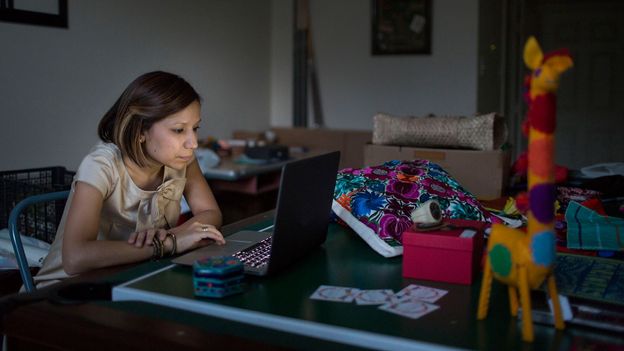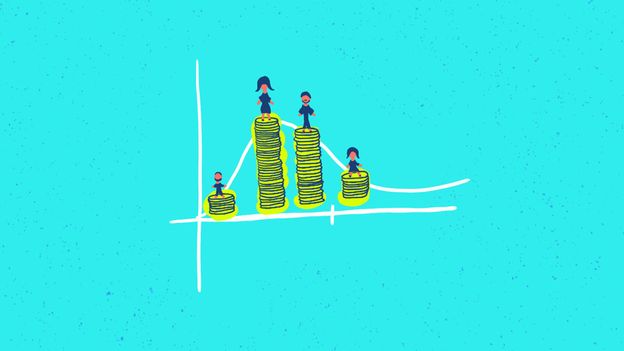Governments and companies have implemented experimental four-day workweeks in recent years as potential antidotes to the fatigue and imbalanced work-life ratio faced by the working world. Fewer days on the clock could mean happier and more productive employees – and ultimately, more leisure time to enjoy life outside of the office.
But according to broadcast journalist Claudia Hammond, the problem may not be a lack of days off. In the 1950s, for instance, people didn’t necessarily have more free time than we do today, she says. Rather, one reason why we feel busier is that new technology has made us more available than ever. Because of the accessibility of email, texts and social media, we’re no longer safe from messages from our manager in the evenings or at the weekend.
Our social lives are now intertwined with the online space as well. Making plans and communicating with friends or family happens over the phone or computer, just like our work – another example of the boundary between work and pleasure beginning to fade.
Learn more about our changing perception of time and how our “always on” lifestyle impedes our idea of free time in the video above.
This video was originally part of BBC Reel’s How to be Wise, a series depicting inspiring concepts for improving your life. Taken from the episode ‘Resting and Rushing‘ from Free Thinking on BBC Radio 3.










